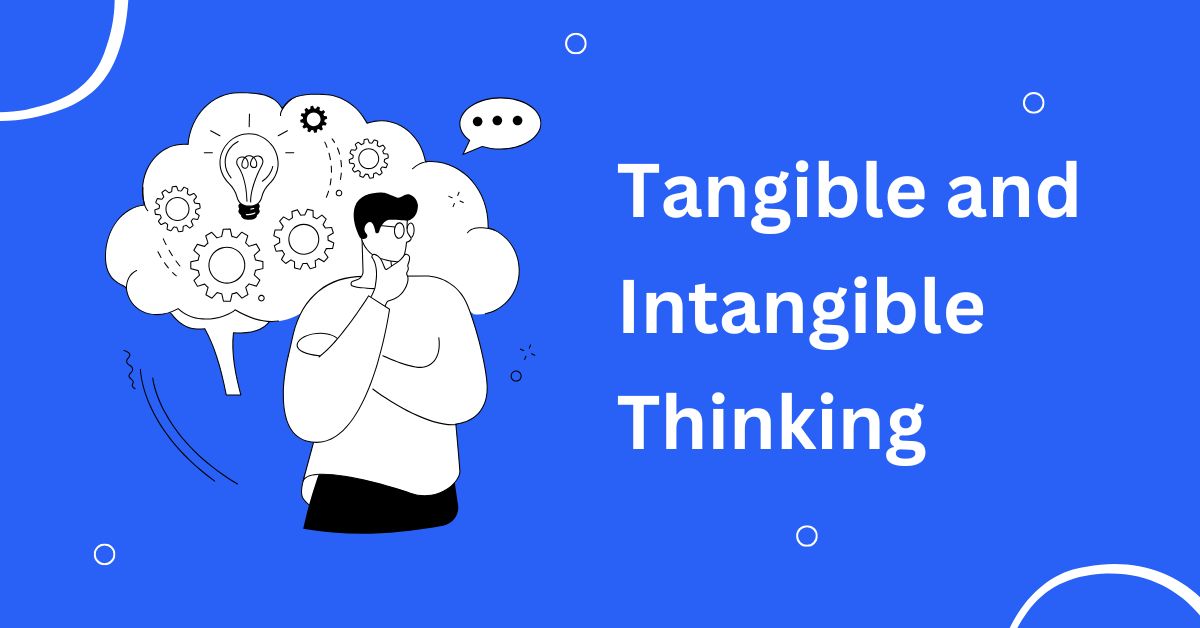Tangible and Intangible Thinking: Shaping Your Job Search Strategy

Toronto Dev
· Jan 22, 2025

TL;DR
Balancing tangible and intangible elements in your job search is critical for success. Tangible efforts like crafting a strong resume and acquiring certifications make you stand out on paper, while intangible qualities like emotional intelligence and personal branding ensure you leave a lasting impression. Integrating both approaches creates a comprehensive strategy to excel in the job market.
Tangible Thinking: The Concrete Elements
Tangible thinking focuses on the measurable, actionable components of your job search. These include practical steps like creating a strong resume, developing skills, and building your portfolio. For instance, having a well-crafted resume and an updated LinkedIn profile makes a powerful first impression on potential employers. Similarly, maintaining a portfolio that showcases your best work demonstrates your capabilities in a concrete manner (Indeed’s Guide on Tangible Skills).
Applying to job postings systematically and tracking your applications ensures that you are organized and focused. Platforms like job boards and spreadsheets can help streamline this process. Moreover, continuously developing skills through certifications or courses demonstrates your commitment to growth and relevance in your field (eLearning Industry’s Guide to Upskilling). For example, enrolling in a coding bootcamp or completing a project management certification adds tangible value to your profile. Attending networking events such as career fairs or industry webinars further expands your professional connections and keeps you informed about trends in your sector (MLA Global’s Networking Tips).
Intangible Thinking: The Abstract Mindset
Intangible thinking, on the other hand, encompasses the less visible but equally important aspects of your job search. This involves cultivating the right mindset, personal branding, emotional intelligence, and relationship-building skills. A resilient attitude helps you navigate rejections and setbacks, while a growth mindset ensures you learn from every experience, making you stronger for future opportunities (Career.io on Intangible Skills).
Personal branding is another critical intangible element. By articulating your unique strengths, values, and career goals, you can craft a compelling professional narrative that resonates with employers. Engaging authentically on social media platforms, such as LinkedIn, can help you build credibility and visibility in your industry (Indeed’s Guide to Personal Branding).
Emotional intelligence also plays a pivotal role in your job search. For example, demonstrating empathy during interviews and reading between the lines of job descriptions can help you better understand employer expectations. Managing stress effectively ensures that you remain focused and motivated throughout the process (TD’s Article on Emotional Intelligence).
Building and nurturing relationships in your network requires effort and time. Instead of treating connections as transactional, invest in long-term relationships by offering value to others. This can include sharing insights, collaborating on projects, or simply staying in touch. These intangible efforts often lead to referrals and opportunities that are not advertised publicly (MLA Global’s Networking Insights).
Bridging Tangible and Intangible Thinking
To truly succeed in your job search, it is essential to combine both tangible and intangible thinking. Set clear goals that include measurable milestones, such as the number of applications you send each week, alongside intangible goals like developing a positive outlook or improving your communication style.
Reflect on your progress regularly and adapt your strategy based on what works best for you. For example, analyze which resumes receive callbacks and refine your approach accordingly. Seek feedback from mentors or colleagues to enhance both tangible elements, such as resume formatting, and intangible qualities, such as interview demeanor.
Balancing effort and patience is key. Tangible actions, like submitting applications, may yield quicker results, but intangible efforts, such as building a strong professional network, often require time to bear fruit. Trust the process and remain consistent in your efforts.